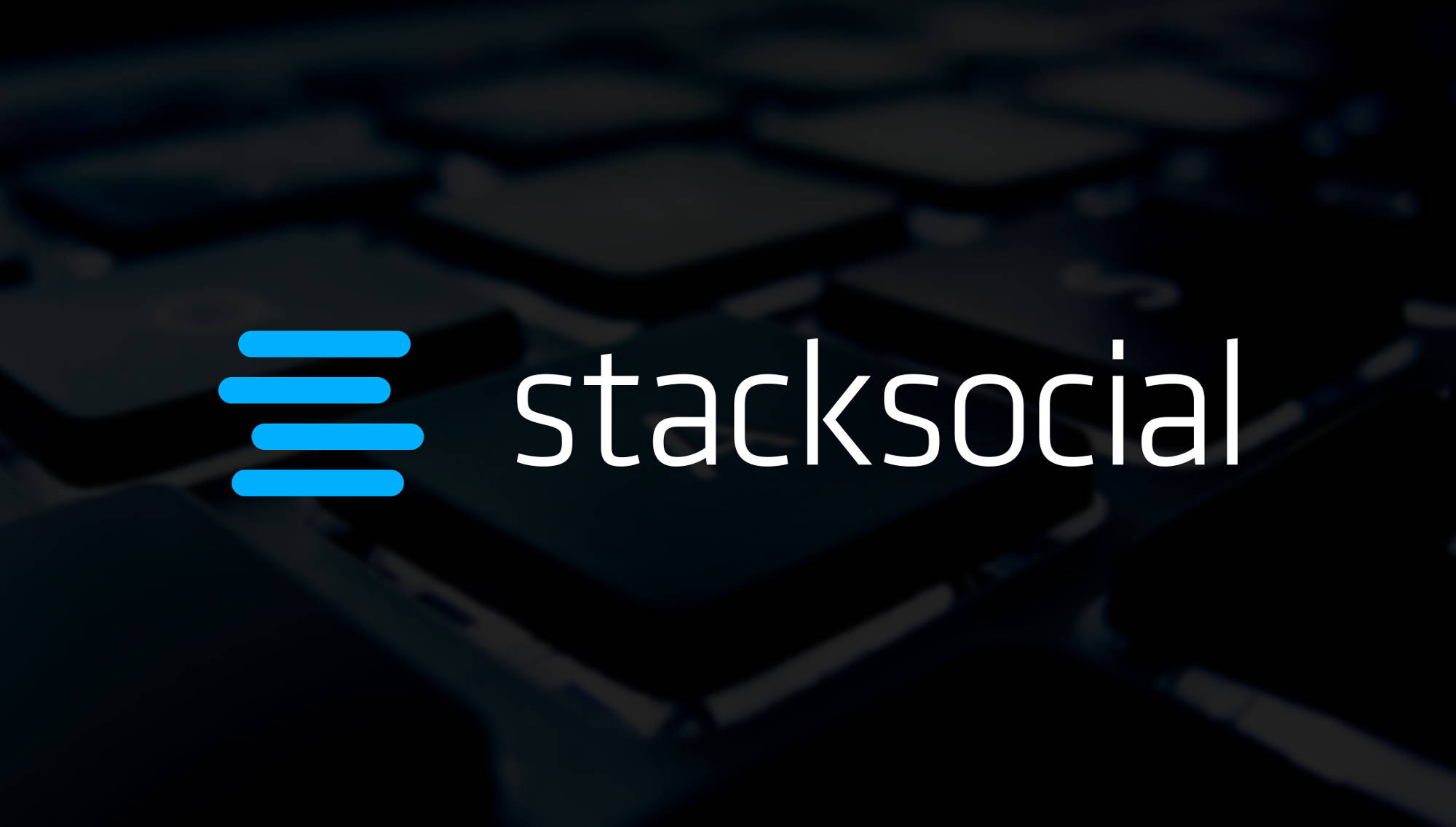
Microsoft Edge to Gain Scareware Protection, Strengthening Online Security
Imagine browsing the web peacefully, only to be bombarded by alarming pop-ups warning of system compromise or surveillance. These scare tactics, known as scareware, trick users into downloading fake antivirus software or taking other compromising actions. To counteract this long-standing cyber threat, Microsoft has announced a significant update to its Edge browser, introducing a machine-learning-powered scareware protection feature.
Revealed during the Microsoft Ignite conference, this new tool aims to detect scareware within Edge tabs and proactively warn users of potential scams. Instead of allowing scareware to take over, Edge will isolate the suspected threat and notify the user. For those confident the site is safe, the browser will still allow manual overrides to proceed. This functionality combines security with flexibility, ensuring legitimate browsing activities remain uninterrupted.
Initially, this scareware blocker will roll out to organizations, where cybersecurity is paramount due to the heightened risks of network breaches and employee-targeted attacks. Microsoft highlights that scareware often tricks individuals into granting remote access, amplifying the potential damage. However, the feature is not limited to corporate users. Microsoft has assured that the protection will eventually extend to everyday consumers, though its public preview is slated for the “coming months,” suggesting a gradual rollout.
This move is part of a broader industry push to enhance cybersecurity following a year rife with data leaks and digital vulnerabilities. As 2025 approaches, tech giants like Microsoft and Google are stepping up. Google, for instance, is exploring disposable email addresses in Gmail, a feature that could revolutionize privacy for billions of users. With scareware protection and other advancements, Microsoft Edge is positioning itself as a robust, secure browsing option for both businesses and individuals.



